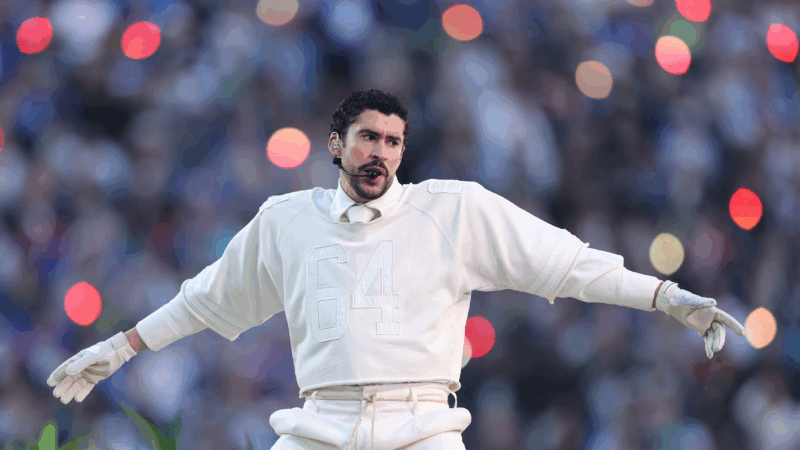Opinion: Remembering Ted Clark, great colleague — better friend
Ted Clark grew up around the world, as the child of a US diplomat, living in Holland, Morrocco, and South Africa. His steadiness, fairness, and decency often made me think when he was NPR’s Diplomatic Correspondent that Ted could show some members of the foreign service what real diplomacy sounds like. Ted Clark died last week, at the age of 79.
Ted came to NPR in its scrappy, early years, produced All Things Considered, then covered the White House and State Department before helping lead the International Desk. Longtime correspondent Sylvia Poggioli said he was, “a masterful editor, gentle, patient soul, and steely defender of reporters against bureaucratic managers.”
Editor Martha Wexler called Ted “the gentlest soul at NPR, who nurtured reporters and helped them do their very best work.” Reporter and editor Brenda Wilson said, “He had a way of accommodating those who didn’t fit the mold of whatever establishment where he landed.”
Julie McCarthy, who covered so much of the world for NPR, recalled Ted Clark as “that rare creature who combined collaboration, kindness, and a steely determination to get it right — with a dollop of poetry thrown in.”
Ted and I came to NPR at about the same time, but I didn’t know this story until this week:
Producer Neenah Ellis and Ted went to Mozambique in 1990 to report on children who had been separated from their families during the civil war.
“Ted interviewed children,” Neenah told us. “He was so good at that. We met a 10-year-old boy named Manicu Vashku. He was so small and quiet and wide eyed and sweet. Ted took to him immediately. The story Ted wrote about our trip was spare and matter of fact and kept returning to the children: how silent they were, how confused they seemed, how obedient they were.”
Their story, by the way, would win a Peabody Award.
Ted and Neenah joined workers from Save the Children as they brought Manicu to his aunt, in a village shattered by war.
“When it was time to leave, Ted gave Manicu notebooks and pens and told him to study hard.”
“I’m so glad I got to go there with Ted,” Neenah Ellis told us. “He always had a reverence about him.” Ted Clark was that exceptional journalist — and that rare soul — who always tried to find ways to help.
Guerilla Toss embrace the ‘weird’ on new album
On You're Weird Now, the band leans into difference with help from producer Stephen Malkmus.
Nancy Guthrie search enters its second week as a purported deadline looms
"This is very valuable to us, and we will pay," Savannah Guthrie said in a new video message, seeking to communicate with people who say they're holding her mother.
Immigration courts fast-track hearings for Somali asylum claims
Their lawyers fear the notices are merely the first step toward the removal without due process of Somali asylum applicants in the country.
Ilia Malinin’s Olympic backflip made history. But he’s not the first to do it
U.S. figure skating phenom Ilia Malinin did a backflip in his Olympic debut, and another the next day. The controversial move was banned from competition for decades until 2024.
‘Dizzy’ author recounts a decade of being marooned by chronic illness
Rachel Weaver worked for the Forest Service in Alaska where she scaled towering trees to study nature. But in 2006, she woke up and felt like she was being spun in a hurricane. Her memoir is Dizzy.
Bad Bunny makes Puerto Rico the home team in a vivid Super Bowl halftime show
The star filled his set with hits and familiar images from home, but also expanded his lens to make an argument about the place of Puerto Rico within a larger American context.






